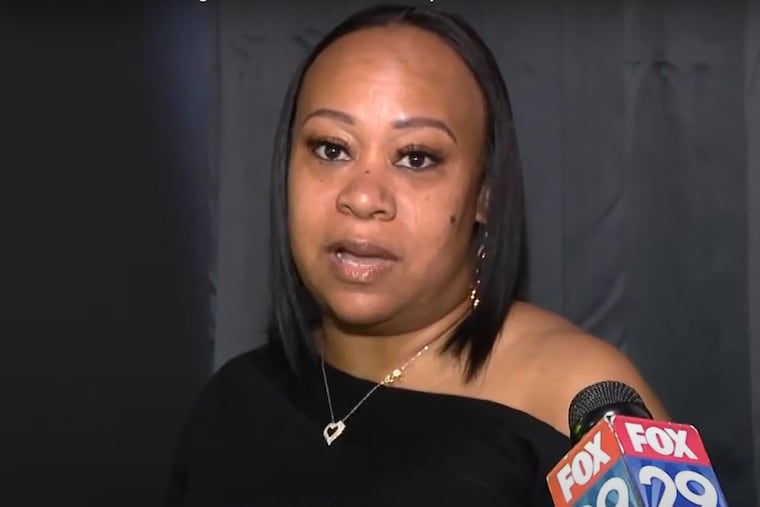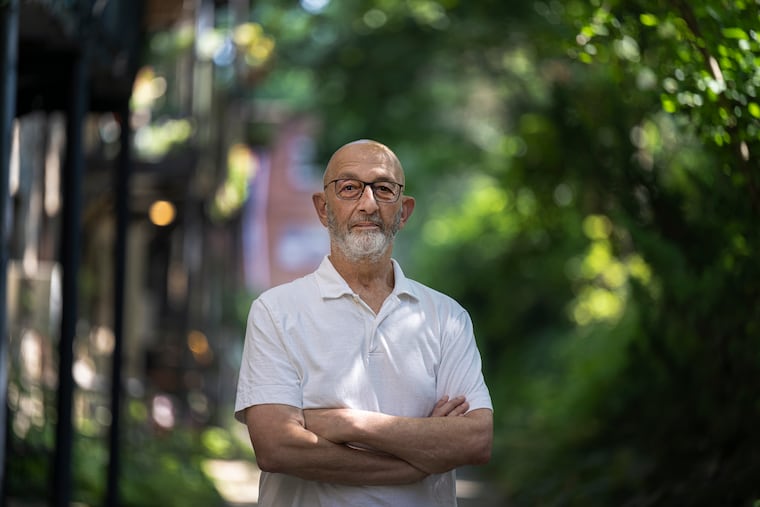NYC Bill on Rideshare Deactivation Negatively Impacts Blind Riders and Their Access to Transportation
Blind residents of New York City are grappling with a persistent challenge that remains largely invisible to the broader public: discriminatory practices in rideshare services. Despite existing legal protections, individuals who are blind or who travel with service animals frequently encounter barriers within the rideshare system, leaving them feeling isolated and marginalized in a city that prides itself on inclusivity.
The introduction of Int. No. 276, a proposed law currently under consideration by the New York City Council, has sparked significant concern among advocates for individuals with disabilities. This legislation appears to limit the ability of rideshare companies to swiftly deactivate drivers accused of serious misconduct, including discriminatory behavior. Proponents of the bill argue for the need to protect drivers from unjust termination; however, the broad language within the proposal may inadvertently create loopholes that protect drivers who violate anti-discrimination laws.
The nature of discrimination faced by blind riders is well-documented. The National Federation of the Blind settled agreements with major rideshare companies over a decade ago regarding these issues, yet numerous accounts continue to surface where blind passengers are denied service, pressured to place guide dogs in inappropriate areas, or subjected to unjust cleaning fees and negative treatment upon revealing their need for service animals.
In a significant recent development, the U.S. Department of Justice filed a lawsuit against Uber, citing inadequate oversight regarding discriminatory actions by drivers. This lawsuit highlights the ongoing challenges in ensuring compliance with civil rights laws, particularly for those traveling with service animals. Advocates emphasize that immediate action, such as deactivation of violators, is crucial to upholding the rights of disabled passengers.
Recent measures by Uber and Lyft aimed at educating drivers about service animal regulations and tracking refusal incidents reflect a step forward in addressing these persistent issues. However, Int. No. 276 threatens to reverse progress by allowing discriminatory drivers to remain on the platform and even permitting them to appeal deactivation under ambiguous just cause criteria.
Advocates have urged the Council to incorporate essential modifications to the proposed legislation, including defining egregious misconduct to encompass violations of civil rights laws and empowering immediate deactivation for such violations. Without these adjustments, blind riders risk continued exposure to discrimination, as the power imbalance in rideshare scenarios often leaves passengers vulnerable with few recourse options.
The current dynamics reveal that rideshare drivers operate without sufficient oversight, presenting a significantly lower barrier to accountability than in traditional service settings. Unlike in retail or dining establishments, where patrons can easily escalate grievances, rideshare situations often culminate in cancellations or abrupt departures, creating a sense of helplessness for those impacted.
While the need for fair treatment and protections for drivers is acknowledged, the provisions of Int. No. 276 raise alarm bells regarding the implications for passenger rights. If passed as is, the bill could prioritize job security for drivers over the fundamental rights and safety of riders, a message that undermines the city’s commitment to equitable access for all.
To ensure the continued advancement of disability rights in New York City, stakeholders must engage in a collaborative dialogue, integrating the perspectives of riders, advocates, and drivers to craft reformative legislation that balances these interests without compromising civil rights. The Council faces an important decision point, one that reflects on the city’s long-standing legacy of fostering inclusivity and integrity. Prioritizing comprehensive passenger protections while addressing legitimate driver concerns is essential for creating a just transportation landscape that serves all New Yorkers effectively.







